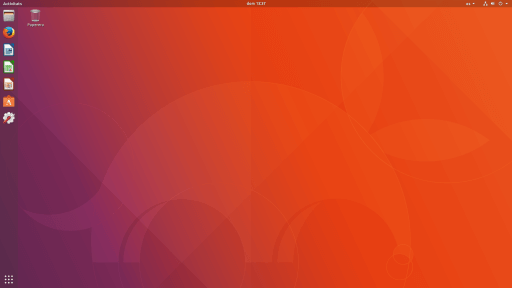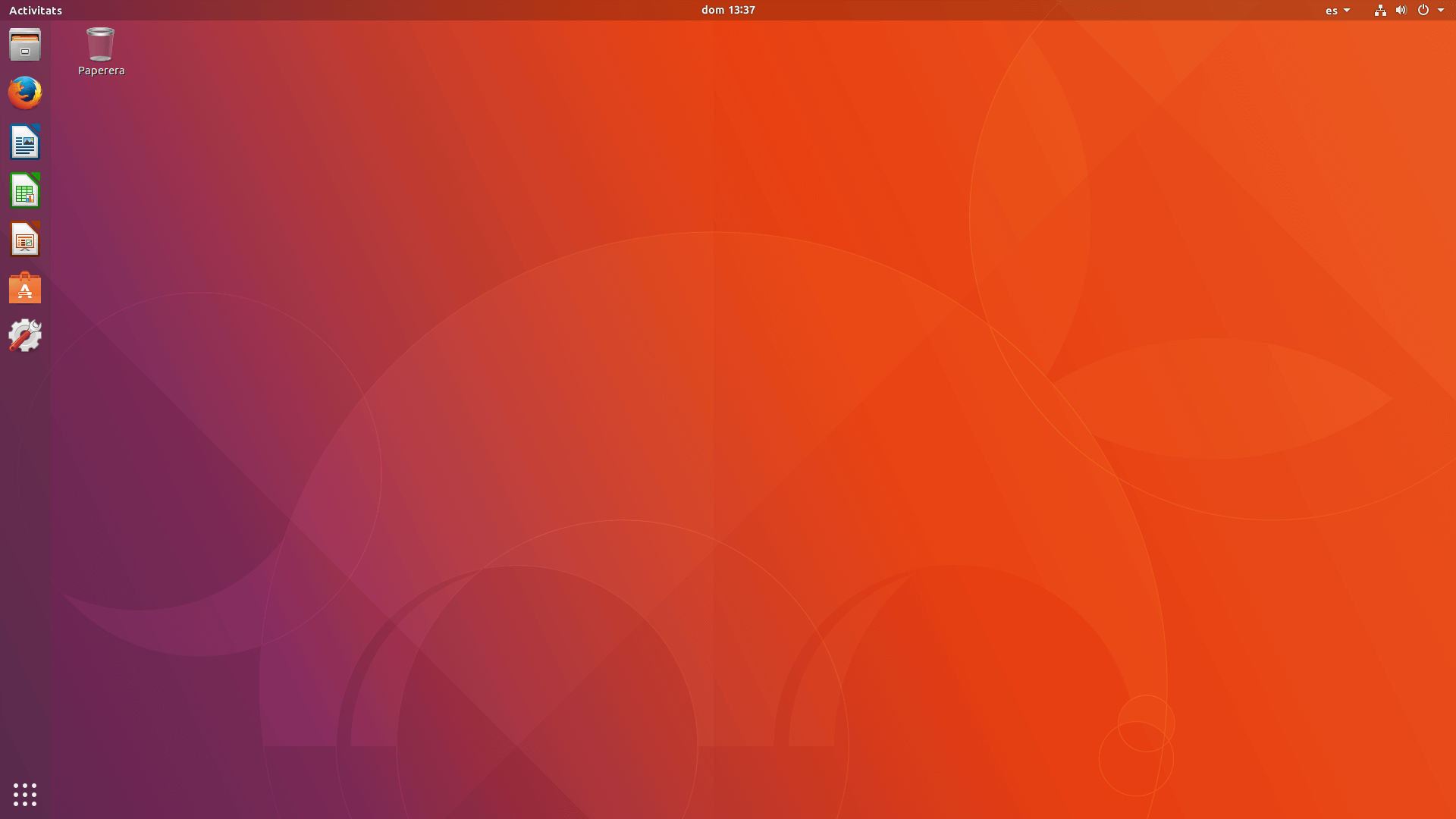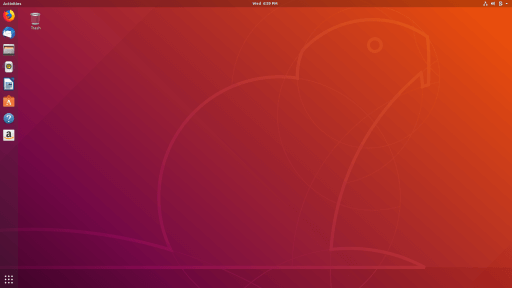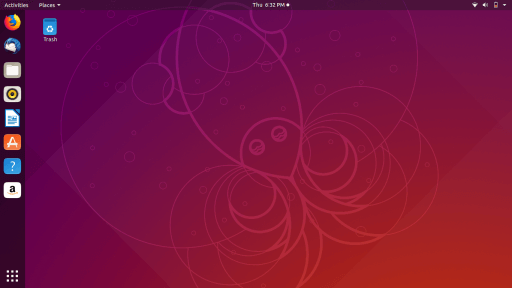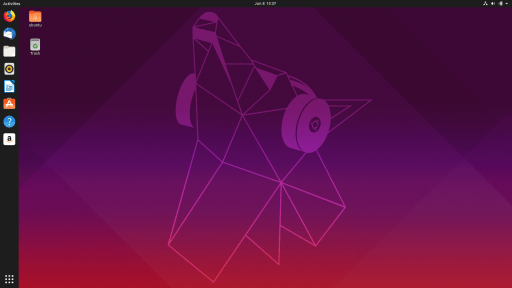Here you can download the official Ubuntu 17.10 “Artful Aardvark” ISO for free.
Artful Aardvark, the 27th release of Ubuntu, was announced via Launchpad on 21 April 2017 instead of on Shuttleworth’s blog as had been the case in the past. It was released on 19 October 2017. Critics praised the smooth transition to GNOME and the significance of the release’s changes.
This is the first release of Ubuntu to use the GNOME Shell interface, and the first release to replace X11 with the Wayland display server. In May 2017, Ken VanDine, a Canonical Software Engineer on the Ubuntu desktop team tasked with the switch to GNOME, confirmed that the intention is to ship the most current version of GNOME, with very few changes from a stock installation. This release also dropped 32-bit desktop images; other images’ 32-bit versions remain.
Desktop image
The desktop image allows you to try Ubuntu without changing your computer at all, and at your option to install it permanently later. This type of image is what most people will want to use. You will need at least 384MiB of RAM to install from this image.
There is one image available:
64-bit PC (AMD64) desktop image
Choose this to take full advantage of computers based on the AMD64 or EM64T architecture (e.g., Athlon64, Opteron, EM64T Xeon, Core 2). If you have a non-64-bit processor made by AMD, or if you need full support for 32-bit code, use the i386 images instead. Choose this if you are at all unsure.
Server install image
The server install image allows you to install Ubuntu permanently on a computer for use as a server. It will not install a graphical user interface.
There are two images available, each for a different type of computer:
64-bit PC (AMD64) server install image
Choose this to take full advantage of computers based on the AMD64 or EM64T architecture (e.g., Athlon64, Opteron, EM64T Xeon, Core 2). If you have a non-64-bit processor made by AMD, or if you need full support for 32-bit code, use the i386 images instead. Choose this if you are at all unsure.
32-bit PC (i386) server install image
For almost all PCs. This includes most machines with Intel/AMD/etc type processors and almost all computers that run Microsoft Windows, as well as newer Apple Macintosh systems based on Intel processors.

